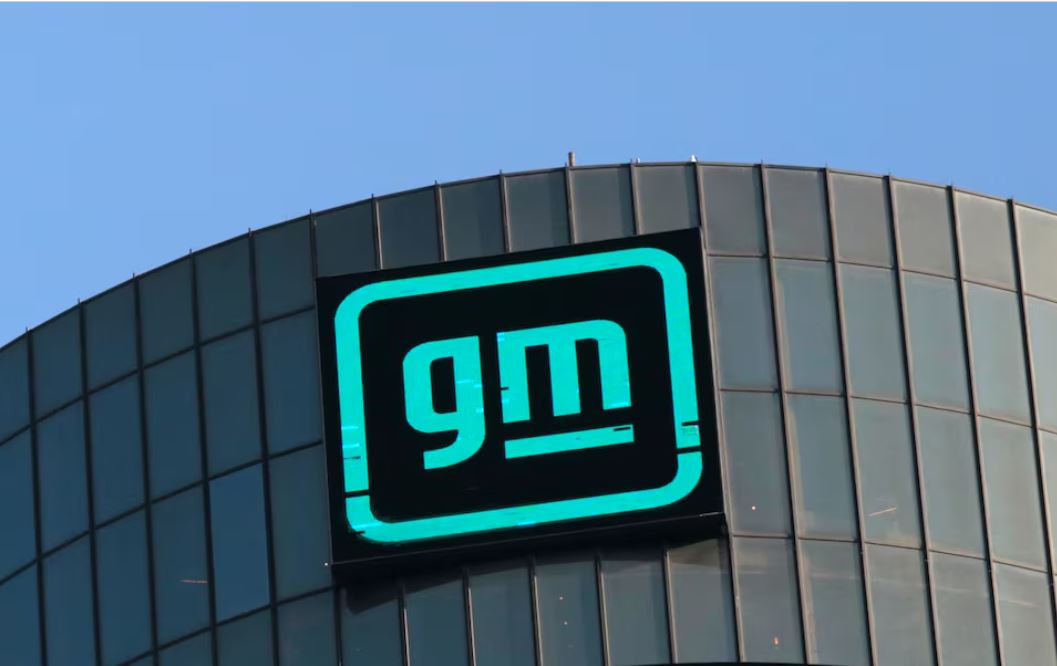General Motors and Hyundai Motor Co announced on Thursday that they are embarking on a new partnership to explore collaboration in several key strategic areas. The US and South Korean automakers have signed a non-binding memorandum of understanding to consider joint projects that include vehicle development, supply chain optimization, and advancements in clean-energy technologies.
The agreement aims to leverage the complementary strengths and scale of both companies to reduce costs and accelerate the delivery of a broader range of vehicles and technologies to customers. As the automotive industry faces substantial capital costs for new electric vehicles (EVs), battery development, and advanced technologies like self-driving systems, this collaboration could provide a competitive edge amid stringent emissions regulations and intense global competition.
The potential joint projects will focus on the co-development and production of passenger and commercial vehicles, including internal combustion engines and clean-energy technologies such as electric and hydrogen-powered vehicles. Both companies also plan to explore combined sourcing for critical materials like battery raw materials and steel, and will begin assessing opportunities for binding agreements.
The framework agreement was signed by Hyundai Motor Group Executive Chair Euisun Chung and GM Chair and CEO Mary Barra. Barra emphasized the goal of the partnership, stating, “Our goal is to unlock the scale and creativity of both companies to deliver even more competitive vehicles to customers faster and more efficiently.”
Hyundai Motor, which includes its flagship brand Hyundai and its affiliate Kia, is the third-largest automaker in the world by sales, while GM stands as the largest US automaker. The collaboration will evaluate ways to enhance competitiveness in key markets and vehicle segments, drive cost efficiencies, and deliver stronger customer value through their combined expertise and innovative technologies.
In a related development, GM and Honda Motor recently abandoned their plan to jointly develop affordable EVs, which had been announced in April 2022. The initial USD 5 billion effort aimed to produce a series of lower-priced EVs, potentially reaching millions of units by 2027, but was scrapped in October 2023.



